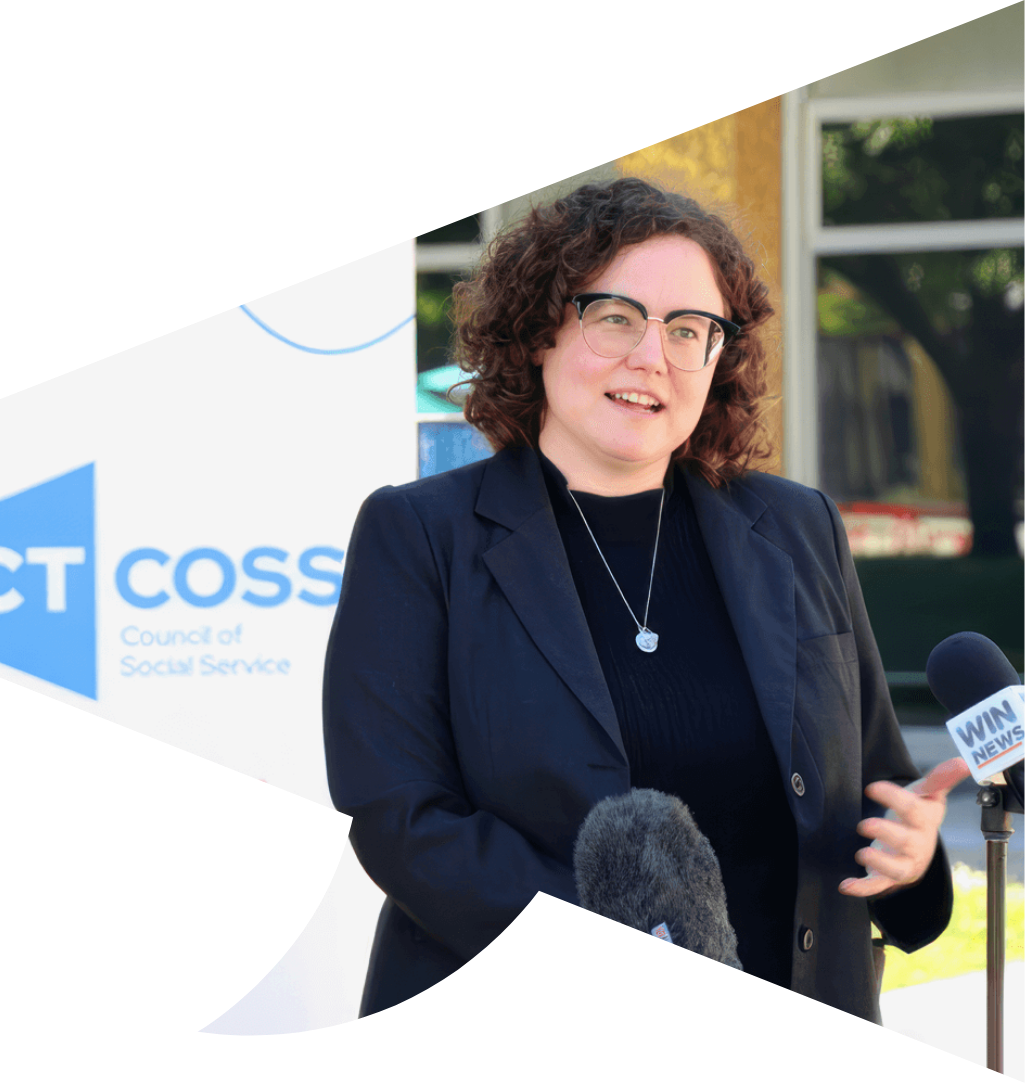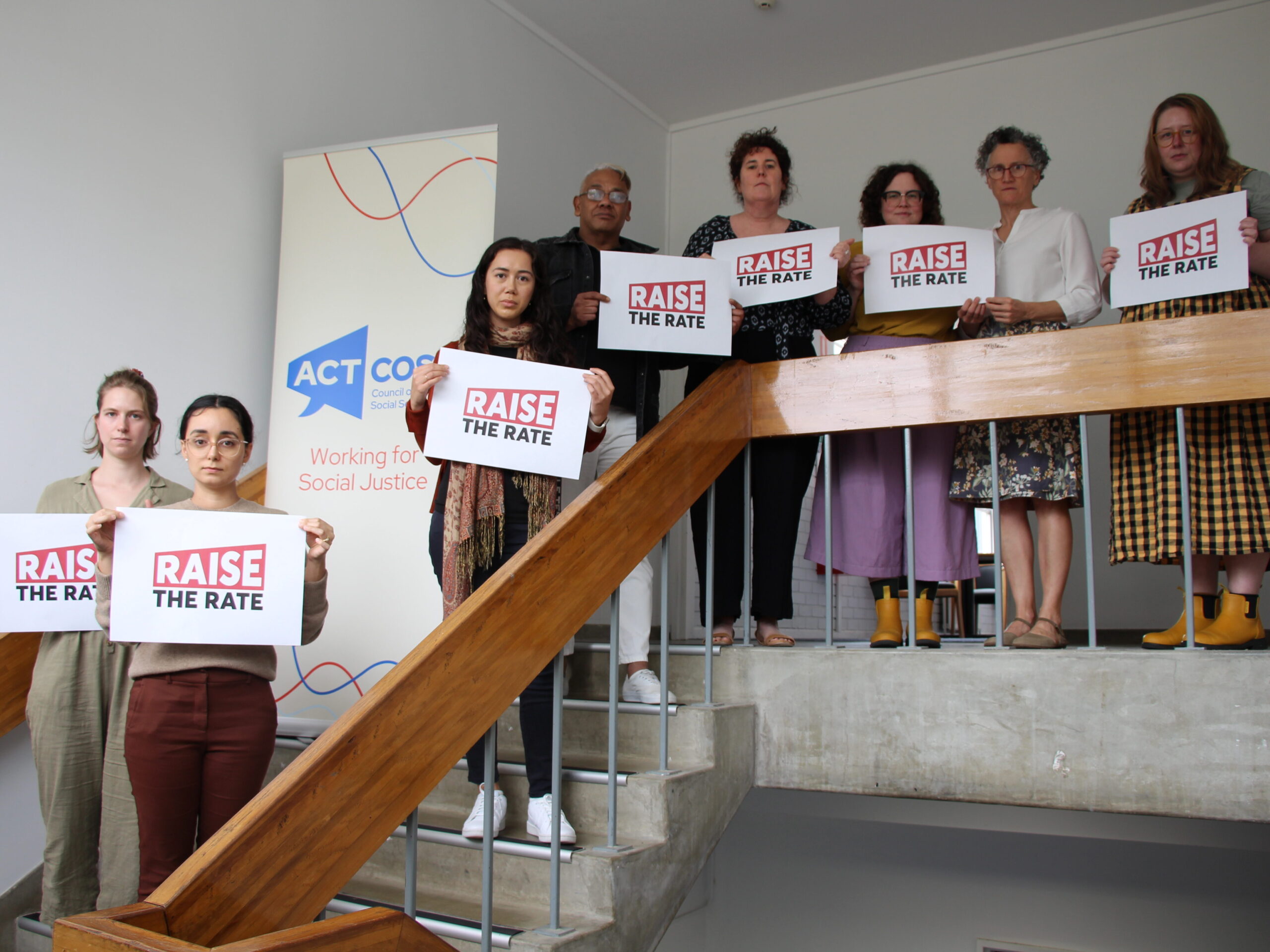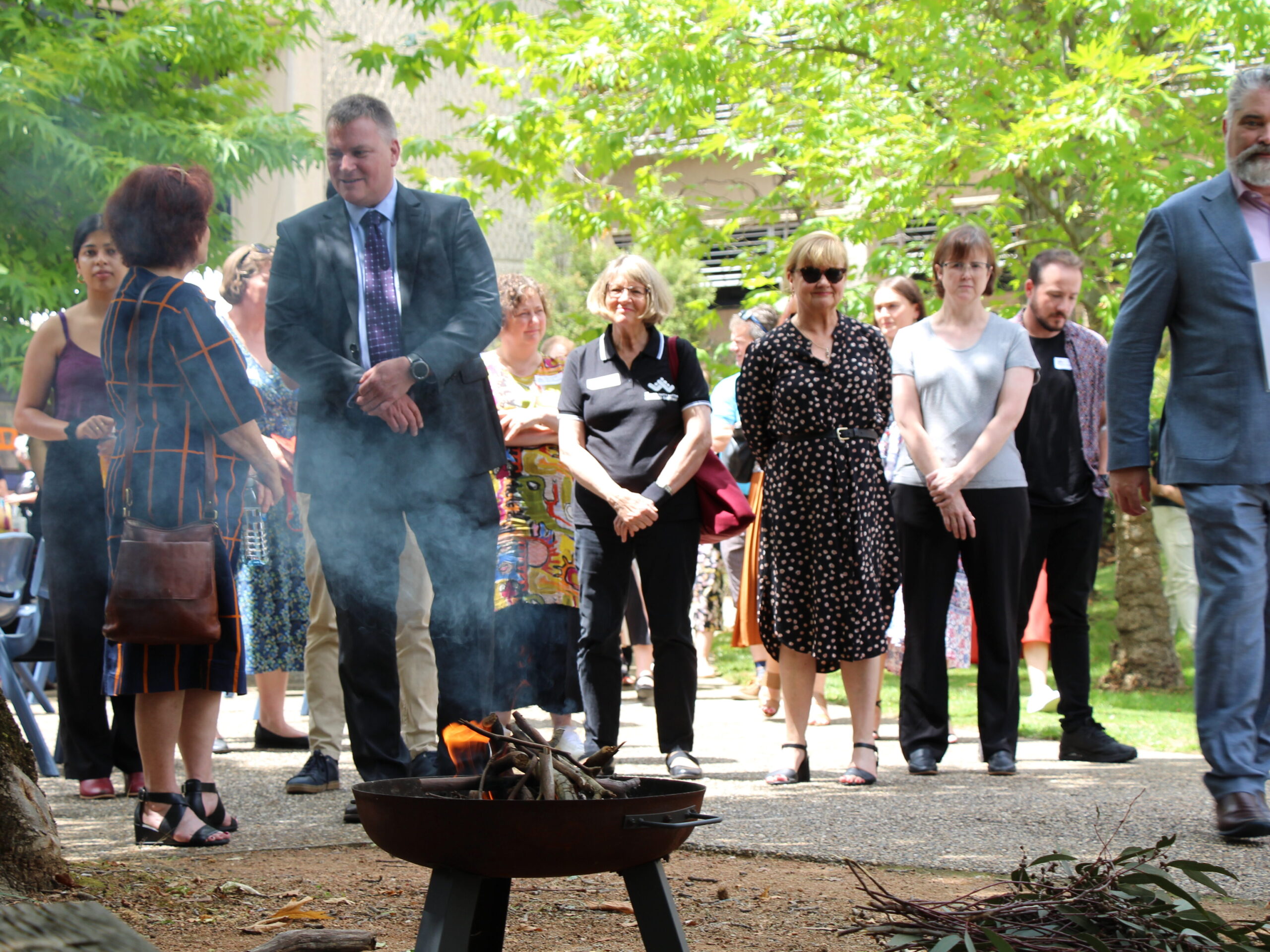
Working for
Social Justice
ACTCOSS is the peak body for the community sector in the ACT - advocating for social justice in our territory and representing not-for-profit community organisations.
Get to know ACTCOSS





Latest News

Spotlight
ACTCOSS ACT Budget Priorities 2024-25
This submission to the 2024-25 ACT Budget process comes at a time when the ACT faces a number of critical challenges. While the ACT has the highest average weekly earnings in Australia, when we look beyond the average we see that the cost of living in Canberra means many households cannot afford the fundamentals of […]
Read moreSupport, training and resources for Aboriginal and Torres Strait Islander community sector workers, and organisations wanting to improve cultural competency.

Resources
Resources and tools to support community sector workers to better respond and deliver culturally appropriate services to Aboriginal and/or Torres Strait Islander peoples.
Access resourcesTraining + Events
Gulanga staff organise a variety of events during the year, along with workshops and seminars around cultural awareness for staff of community organisations.
Learn more













